INTERVIEWER: What’s your background as a Venturan?
RANDALL RICHMAN: As a Venturan? Let me tell you that my brother Mark moved up here in the mid eighties and he worked with this lovely lady named Kathy, and at that time I think I was single, and he said “dude,” – I think people called each other dude back then. He said “Dude, you gotta come up and meet my coworker, I think you’d really like her.” So I met her – I was living in Malibu at the time – so I met her and one thing led to another, we fell in love, and we got married. She lived up here, she was a state park ranger. I wrote a song about her, it’s up on YouTube, called State Park Ranger, so if you want to watch. It’s a love song. Have you seen it?
No.
RICHMAN: You should see it. It’s very funny. It’s on CAPS right now. So anyway that brought me here in 91’, and I moved here in 92’ from Malibu, and I’ve lived here ever since.
What about your background in the community just since you’ve lived here?
RICHMAN: What have I done? What’s the question?
What’s your background in Ventura?
RICHMAN: Well my background is both in record production and real estate. I was a couple owner’s ago I was the owner of the Erle Stanley building down the street, the freemason building. I bought that back in 98’ and sold it in 2006. So real estate and music production are my two really big fields. And a little bit of arts.
And you’re still really big in music production, right?
RICHMAN: I would say that after 300 songs in 30 years, i kind of tapered off, but now i’m taking my music and I wanna marry it to a film project called Cowboys to Light, a David James Holster story. It’s one of my things I wanna do in the next couple years, is produce a movie or be an executive producer and let someone else produce it. It’s kinda like an Almost Famous meets Forrest Gump story. It’s an adorable story.
Who’s story is it?
RICHMAN: It’s his story of his life. He wrote for John Denver, Three Dog night, and The Nitty Gritty Dirt Band, and went to Marsalis, no Branford Marsalis. Yeah Branford Marsalis. And he sold over 5 million records of his music. so I put him through rehab about 15 years ago and in rehab he wrote the life story of his life. The working title is called The Accidental Rockstar, but I think I’m going to change it to Cowboys to Light because that was his big hit. For John Denver.
And you still sing downtown pretty often.
RICHMAN: Well I have so much music energy that I used to play in clubs but I got tired of being inside clubs because I just for some reason I guess I like being outside and I have another movie project that John McEuen of The Nitty Gritty Dirt Band brought to me a while back called Buskers USA, that’s like another project I can do.
So what I’m doing is called busking, it’s a European term, of playing on the street, which I would like to promote in my candidacy. I think we should have someone on every street corner in town either juggling or painting or doing music. Bc that’s what brings culture. That’s what brings people down because it’s culture, real culture.
Which measure on the ballot are you most passionate about and why should students and their families also support it?
RICHMAN: I think one of the big issues for student is Measure O. Because I think it affects them. Unless you’re rich it affects you. Because they’re trying to raise the sales tax half a point which means 50 to 150 dollars out of your pocket just in sales tax alone per year. For people who are poor, or people that are on fixed incomes, low fixed incomes, which probably 50 percent of Ventura is either poor or getting by month to month, there’s a huge amount of poor people here. Measure O’s going to be very hurtful for them. It’s going to affect their pocket books.
It’s neither Democrat nor Republican in virtue. Democrats don’t like to hurt poor people but measure O clearly hurts poor people. I mean 100 percent. Most people go to fast food places and liquor stores to buy cif=cigarettes and fast food, well that’s tax. A poor person gets 1,000 dollars a month in assistance and spends 12,000 a year, that’s just 60 dollars extra year to year.
Students, who mosts fall in that category of being poor, I mean I know, I was a student, I mean I had a job but i wouldn’t say I was rich, that’s for sure. Measure O has got to be defeated. Absolutely. 100 percent. That’s one of the three reasons why I’m running, to defeat Measure O.
Is there any measure on the ballot that you’re particularly excited about or in favor of?
RICHMAN: I’m not a cannabis person, but I think it should be legal in California. I think 64 will win. Again it’s a tax issue, people who do partake in cannabis be it for medical reasons or recreational reasons. It takes it from underground to aboveground where we collect millions and millions of dollars in taxes based upon the legalization, kinda like prohibition where it was repealed as an amendment. All of a sudden we have all these tax dollars on alcohol.
So it’s kind of like the reverse of prohibition. I think Ventura should have at least one dispensary and maybe if it’s legalized there will be real businesses, and although I don’t oppose people who smoke pot, at least it’s better than alcohol. We have 600 alcohol related establishments in Ventura. Over 600. And yet they won’t allow a medical dispensary for cannabis. Go figure. Where does that come from?
Is there anything else on the ballot? I don’t think the cigarette tax should be raised. I think that hurts poor people… Let’s see what else is controversial… Oh, SOAR. The open space for saving the farmland, I’ve been a proponent of that for years.
A proponent of SOAR?
RICHMAN: Well I support because I think that’s why we have such a good quality of life here, because we have so much farmland. Farmers deserve to make a profit off their farmland, and I propose, “Hey, call me up, I’m a real estate broker. I got buyers that can buy your farmland possibly to profit.” And after all they want to develop it, and usually develop it to make a profit. So if I can sell it to them as a profit and keep it as farmland, we’ll all benefit, because it really makes a big difference.
That’s why we haven’t turned into Orange County or Los Angeles. It’s because of our open space. So my lawyer, Richard Francis, was one of the writers of SOAR, and Steve Bennett’s a friend of mine, he’s supervisor and he was a covered cowriter of SOAR. So I’m sympathetic to farmers property rights.
So you’re in favor of SOAR so you can you can help sell farmland and keep it as farmland?
RICHMAN: Keep it as farmland, yeah. I know people who would love to farm, keep it as farmland, and would probably even pay the farmers a profit on their land.
But isn’t developing it what makes it worth a profit?
RICHMAN: Not necessarily. I’m a developer, sometimes you lose money when you develop stuff. Like for instance this reagent development, which a lot of us had fought, they stand to make tens of millions of dollars, but on the other hand the market could tank, real estate could go down in value, and they could lose money too. I’ve seen that happen in my career. So you don’t always make money developing.
Ok, so SOAR was something I had wanted to talk about. Two of the really controversial measures that seem to affect families at Foothill and everywhere are SOAR and Measure R. So we heard what you thought of these, you said you support SOAR, so how do you feel about Measure R.
RICHMAN: Which one’s Measure R again?
It’s the one where the parcel tax-
RICHMAN: Oh, that’s the education one?
Yes.
RICHMAN: Ok, part of me knows we need money for education, because like you, when I went to school, it was so tough, money wise, in Bradway, which is a wealthy community in LA where I went to school. I couldn’t choose both art and music. I had to choose one or the other. So that’s how bad it was.
Part of me says “Yeah, I’ll probably vote for it” but the other part says “it hurts the poor.” Sales tax increases. I mean we have the chance of going from seven percent sales tax to nine percent. Or maybe eight and a half. But that’s going to really hurt the poor people. So I think there’s better way to raise money for schools than a sales tax. I really do. I think the sales tax is known as a recursive tax which hurts people on the low fixed income and poor people. It’s regressive.
What I would like to see happen one day is we roll back our sales tax to like seven percent, which to me means more business people will come to Ventura, because we’re saving money on buying stuff. And see the day where they were actually going to repeal the income tax, the IRS. And what that means is we’ll probably do a value added tax at ten percent, so our real sales tax would be like seventeen percent, but there won’t be any income tax. And you could put safeguards in that value added tax, it’s called a vat. It will protect the poor like no tax on food, no tax on used clothing, no tax on medicine.
Let’s see that’s the food, used clothing, medicine, whatever poor people need, because they’re poor, won’t be in the sales tax. So it will protect the poor, and the middle class and the rich, or the upper middle class and the rich, they love to consume, expensive cars and yachts, expensive homes, expensive trips, high ticket items, they don’t care. No income tax? Fine. Seventeen percent? No problem. That’s on my bucket list. To get rid of the income tax. I think it’s corrupt and inequitable. Anyway… pardon my…
So, how do you plan to strengthen the partnership between the school district and the city and involve more students in local government?
RICHMAN: Oh, that’s a good question. I don’t know, I learned recently that there’s a riff between the education and the city, I don’t really understand why. I know they’re competing for the sales tax thing. But, when I was a student at UCLA, and I’ll recommend this for people who like politics like I did growing up, I ran for for City Council when I was 19 out of UCLA in Los Angeles, against an unknown named Zendero Slovski, who was also a UCLA student, he was a graduate student. I was undergraduate.
And I just encourage young people to get out there and get into politics, run for office. In fact there’s a couple candidates in my race, one is I think 35, the other one must be about 30, so what young people need to do is they need to get out there and run for office because I could have won when I was 19. I came out like sixth of 13 and became friends with the guy who won, and he became a very powerful member of the democratic politics in California, he became supervisor of Los Angeles. I think he’s retiring now, his name is Zendero Slovski, great guy, dear friend. He must be about 67 now, I’m guessing.
I don’t know what to say about the education and the government except for they’re probably competing for the same dollar, and I think there’s plenty of money, in different ways, that we can raise money for education. And the government, what’s happening with Ventura government, one of my big issues, is they’ve lost millions and millions of dollars in the last fifteen years. BY bad decisions, bad developments, lawsuits, it’s horrible.
There’s a group called Watchdog Ventura, if you want to look that up on Facebook, it’s a wonderful page that I get a lot of information from. So if we get rid of the waste, then there’s not so much need for taxing people more. And as far as the education, I have different views on how I would educate kids than the way I was educated. I would make school more like a job where you come in and sit in a room and instead of desk after desk where you’re looking at someone’s back you sit around at sofas and there’s a coffee table. And instead of doing desks you have projects. And you’re based upon the success or failure of your project, or the working to complete a project.
I’m not really a test guy, I’m project oriented. So school should be a lot like work and there should be financial rewards for students from let’s say ten, 11, 12 that actually are doing schooling but they’re also doing a little bit of work and either get rewards like prizes or they actually make a small income. What a novel idea.
I wouldn’t have kids wake up with an alarm clock, I’d say why don’t you wake up when you wake up like around eight, nine o’clock, and you roll into class at like, ten, and you work until, let’s say, four. School is from ten to four, it’s, what, six hours with an hour for lunch. And I wouldn’t have any homework. I’d say if you want to do an extra hour, half an hour to review your stuff. Because in the real world, we’re not encouraged to take work home with us.
When we’re done working, we go with our families, or our spouses, or our kids, or watching TV or something. I wouldn’t even have homework for kids. I’d try doing it within school. So, that’s just my way of doing schooling.
That’s great. And what was it that you said you ran for?
RICHMAN: City Council of Los Angeles when I was 19 years old in 1974. I was a Poli-Sci student at UCLA and decided to run for – I think I ran for Council – and then also ran for City Council of Los Angeles. I think I got like 6,000 votes.
And after that I started not to be a candidate, but rather to be more of a political operative. Which is what I’m good at. So I ran other people’s campaigns. Starting from. Let’s see, my campaign in ‘74, I think I got involved in Jerry Brown when he ran for Senate. He ran for president. And then I got involved.
I moved to Boston in the eighties, got involved in Michael Dukakis’s campaign for Governor, and we became friends. And then when I moved back to California in ‘88, I actually ran the Dukakis for President campaign in Malibu. Although he lost the election in ‘88, he swept Malibu and I’m very proud of that.
What do you think is the most pressing issue facing our city today and how do you think it can be addressed?
RICHMAN: Let’s see there’s five issues, one is waste. That’s really important. I would say that’s top three.
What was that – just waste?
RICHMAN: Waste. Like wasting money. Like millions of dollars squandered. I call them taxers and squanders. That’s our current council except for a couple exceptions. I mean most of them… you heard about this Brooks Institute debacle? Where Brooks went out of business kind of, bankrupt, or whatever the deal is. That’s going to get a million dollar price tag that the citizens have to pick up, I think.
So waste is really important. Another one on my platform is jobs. For young people that’s really important. We need to create jobs here and we have a really poor record of creating jobs here in Ventura because they’re not known for being business friendly, they’re known for having their foots on the necks of businessmen, making it difficult to make money. Lots of fees. Lots of regulations. Lots of restrictions.
So jobs, that’s a young person’s issue, I’m going to put “Y.” That’s really important. The third thing is housing. If I were a councilmember, I would propose to create what I call micro apartments for either young people or poor people or fixed income people that start at 300 dollars a month. Because my dad did that in the fifties.
What is number three?
RICHMAN: Housing. Affordable. We’ll call it real affordable housing. Because right now, one of your biggest challenges coming out of school when you stay hopefully at Ventura, you go to call state or whatever, I mean you’re going to be paying 800 dollars a month or a thousand just to live. When I was growing up it was 200 dollars. When I went to UCLA my tuition was 200 dollars a quarter and housing was 200 dollars a month. And now it’s like five times that, or more so. That’s probably a big issue for you guys. And then four is called cronyism, do you know what cronyism is?
No.
RICHMAN: Cronyism is people who control the city, or control the Council that get manufactured treatment because of bug fundraisers, they’re big supporters of certain candidates, so in turn the council – and I’ve got document evidence – will vote in favor of issues they propose in front of the council, and even pay for some of the development costs. I’m developing a page on Facebook that can delineate some of those real facts that why – how cronyism exists. And what we need, this term, in two years, is we need a completely brand new council. Seven brand new members.
Wait, how do you spell it?
RICHMAN: Cronyism? C-R-O-N-Y-I-S-M. Some people call it capital cronyism. There’s a guy who talks a lot about it on the radio, his name is Mark Lavin. He’s an expert on Washington cronyism. We see it happening with Hillary Clinton, and we see it also happening with Trump. Trump’s a guy who feeds people like Clinton. They’re both bad. She’s a crony capitalist and so is he. So we’re stuck.
So like bribery?
RICHMAN: It’s not really bribery it’s more like with the Clinton Foundation selling access in the State Department, or selling access in the presidency. You know, it’s a real problem. So we have a little bit of that happening in Ventura on a smaller scale certainly dollar wise, but I know one instance where it’s this one cat almost got this expensive, lucrative contract, that was an unbid public private contract and then they actually payed like 21,000 or 21,000 dollars for his environmental imports. And that came out of our pocket. And the deal was lost, it was a bad development. That money went like that.
So cronyism is more of when taxpayer dollars are…
RICHMAN: No, it’s private people that use their influence to get things done at the city level.
With their money?
RICHMAN: Because of fundraising. And their supportive candidates. For example if you look at Measure O, the one I was talking about, the raising the sales tax, I want to do something really interesting. Under the Freedom of Information Act, it’s called FIOA, you do a – I’m sorry, FOIA, Freedom of Information Act, you can do that on the city website, and ask them, who are the contributors who are contributing more that 500 dollars in favor of O, and who are those people contributing more that 500 dollars against O, and you’d be surprised at the people who are supporting the raising of sales tax, which is to me a despicable thing, it’s horrible.
You might as well take a sword and stab it in the belly of poor people, that’s how bad it is. That’s why I’m fighting it so much. So to get back to your question about the five issues of the city, the fifth one is Measure O, and that’s the sales tax one. It’s been proposed I think twice before and it’s lost twice before, or maybe once before.
I get it confused with the parking meters which actually were taken out twice. I was against the parking meters because that’s double taxation for our streets. You pay taxes to park in the street, you know gas taxes and sales taxes and whatever goes to maintaining the roads, we have the right to park places for free, and then they put the meters in which is like a double taxation. I’m just not a tax guy. That’s the fiscal conservatism of my background. We have way too many taxes in America including local taxes. So, I would say as far as young people are concerned, probably your biggest issues are jobs… I don’t know if you ever… do either of you work?
I do.
RICHMAN: Ok. Well you’re lucky because I would say unemployment in Ventura is at least 10 percent, maybe 15 percent for young people. I remember a few years ago when the recession hit, I would see twenty four year olds on the street just… they couldn’t get a job. And so jobs is really important and I know how to create jobs from a small business standpoint of Ventura.
And your other issue is probably your biggest issue is housing. How can you get into that 300 or 400 dollar apartment for one person, which is pretty affordable because if you make even 10 bucks an hour and you’re working part time, which is 800 dollars a month, you can probably afford an 800 dollar apartment, 300 dollar apartment.
And it won’t be big, it will be as big as this room right here, but you got a little bathroom, little hotplate, and it’s be dry and warm and safe. And I think we can do it, I think we can pull it off. So those five issues I’m running on, from young people jobs and housing, but from the older crowd waste, cronyism and no on Measure O.
Thank you. Alright, last question is our City Council representatives should embody the values closest to our hearts, because these values will guide their decisions in office; they should also act as leaders not only on Monday nights in City Hall but throughout their term in their interactions with the community. What values do you embody, and how do you act as a role model for the youth of Ventura?
RICHMAN: Well, can you like repeat the whole question because it was a little bit complex. One more time and I’m gonna take a little, couple notes.
We think that the city council members should embody the values that people of Ventura hold most closely to their hearts, and that being on city council is more than just being a leader on Monday nights in City Hall, but just through all their interactions within the community. So, what kind of values do you think that you embody that make you a role model for the youth of Ventura?
RICHMAN: I’ll tell you one thing, I consider the current council, except for an exception or two, because I know them all, real friends of mine. To not be really representative of the will of the people, I’ve seen that time after time when I’ve gone before the council to challenge some of the issues that they were voting on. It almost didn’t matter what I said. I could be juggling and whistling dixie and flame throwing with swords, and whatever, it didn’t matter what I said, they had their minds already made up.
And on the parking meter situation, we fought the parking meters. We were like, sucker punched, all of the sudden they put these ghastly, twenty first century kiosks, 65 of them, in a historic neighborhood. They’re like electric blue. They’re like ugly, we don’t know if they’re dangerous or not because of the wifi signal that they have, they’re not historic, they’re complicated.
So we collected 11,000 signatures to put the measure on the ballot to remove the parking meters. And you know what the city did? They sued us to knock our referendum off the ballot. Because it was worded wrong. But the people spoke. 11,000 people or 10,000, whatever it was, 9,000, it was a lot of people that said “we want the people to decide whether we want these meters or not.” Because clearly today even the merchants want these meters gone because it killed business back in 2001.
Between recession and meters, everyone went to the mall because parking was free. And then when The Collection was built, everyone went to The Collection. So the sales tax Measure O is going to be another reason why to just give us a reason to go to Oxnard where it’s like “The Collection’s like really cool, the stores and the restaurants and this and that,” whereas they should be staying down here because sales tax is 7 percent and not 8.5 percent like it’s going to be in Oxnard, unless their measures pass.
So, representation. They don’t represent the people very well, and I will because I’m a man of the people. As far as “Are they good leaders?” you know, I think they mean well, but I was asked in the forum – the elderly forum – last week if I was to grade the council and I gave them a C grade. And I think I was generous.
But some of them get out there. A couple of the members get out there and talk to the community but they’re also kind of not represented in districts. They don’t really represent like Montalvo or the East End or certain part. They’re kind of grouped into the West: midtown and downtown. There’s one person that lives in Pierpont, I think Jim Monahan lives in the East End. But like for instance the West end, totally neglected over the last decades. Finally they’re building a park.
Well whoop-dee-doo. We should have a pool there, and we should have – for the kids – that should have been done decades ago, like Kimball, but on the West end. And, let’s see, what are my values? I think that probably my best value is I’m highly ethical. I come from a long line of ethical ethicists out of Eastern Europe, dating back to the mid eighteen hundreds.
What was that? From Eastern Europe?
RICHMAN: That my ancestors come from Eastern Europe, and they were all ethicists. They were like really high ethical standard people. So my father was really ethical and my grandfather was really ethical and I’m really ethical. And although I do believe that many of the councilmembers are ethical, I think that cronyism part kind of…you know, we can’t have that. We have to make decisions based upon what’s right for the people, not what’s right for your special interests.
That’s the end of our questions, thank you so much for talking to us.

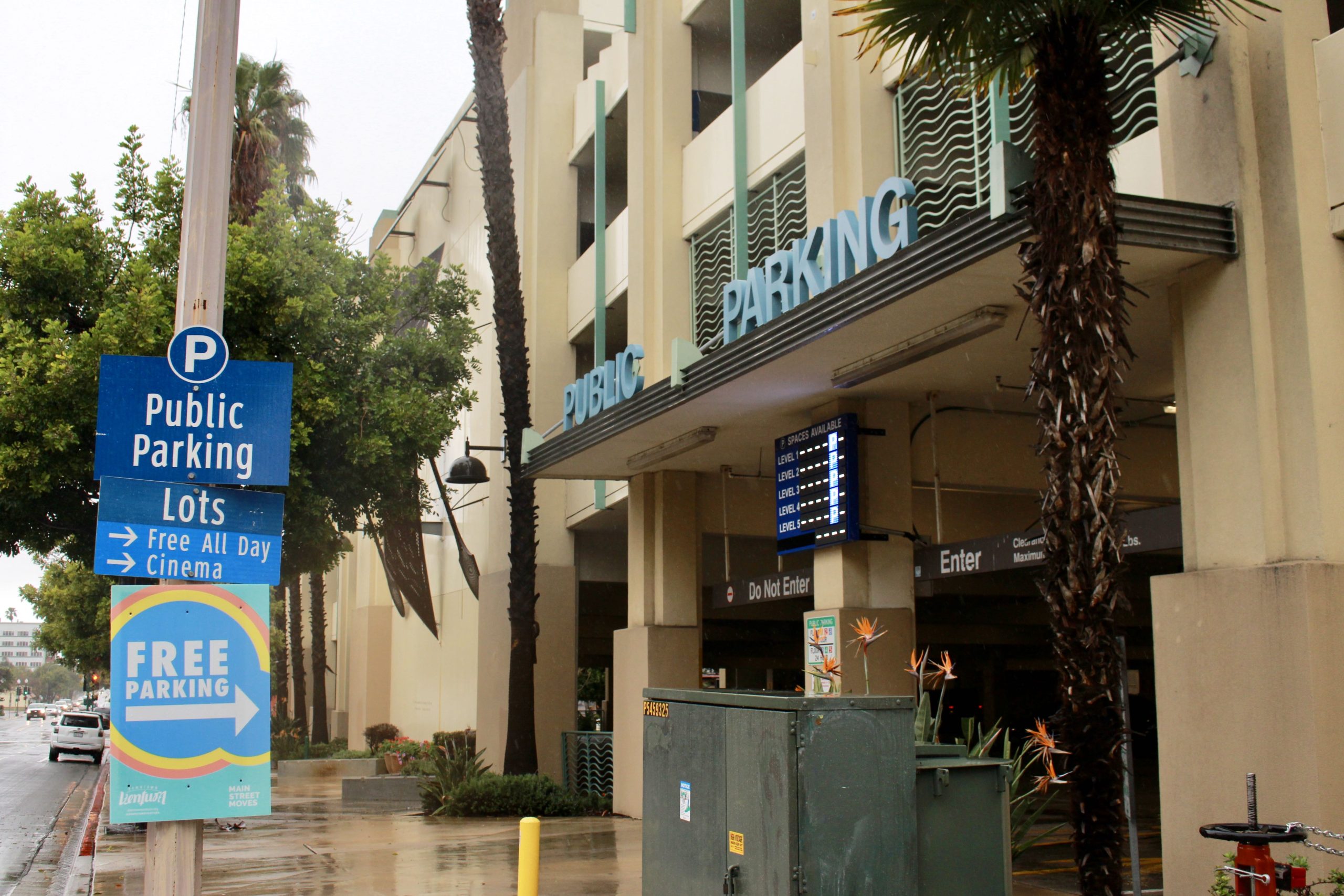
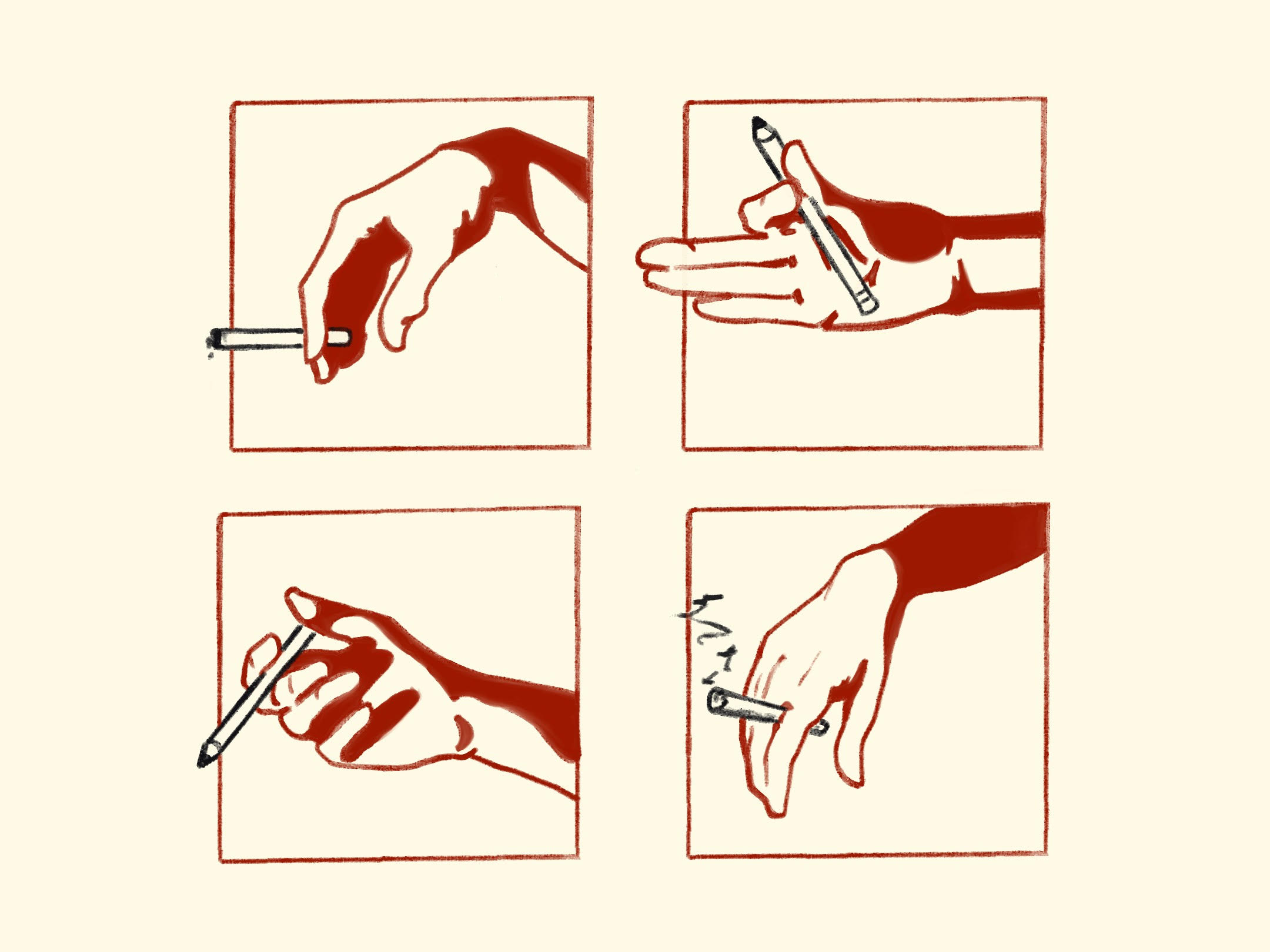


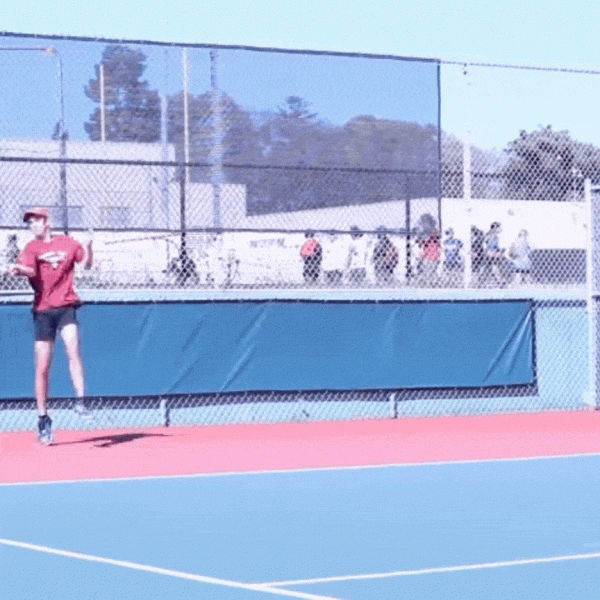
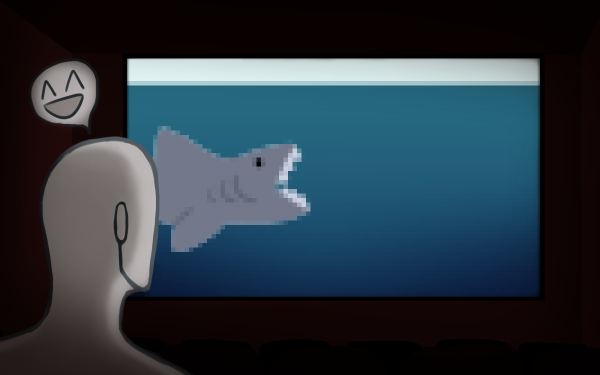
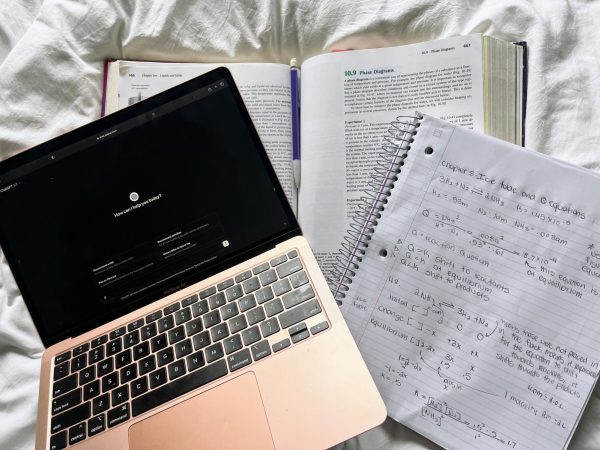

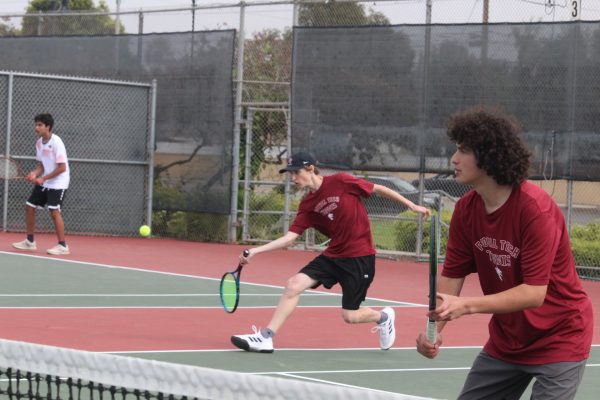
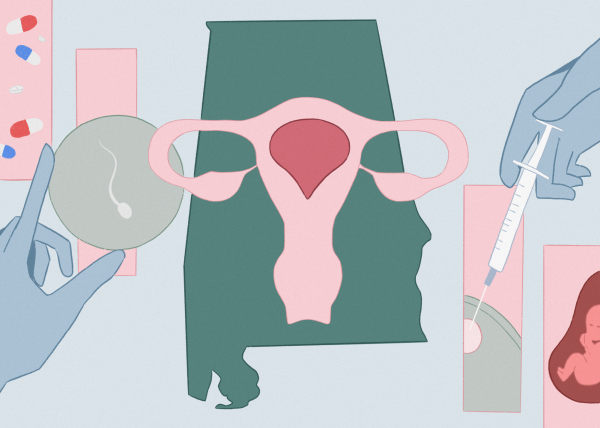
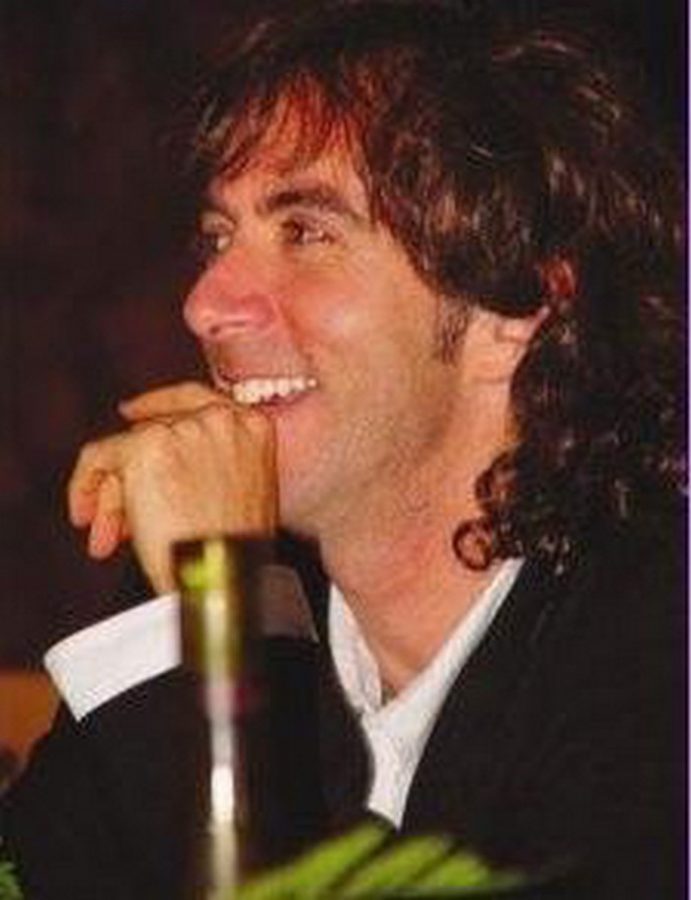

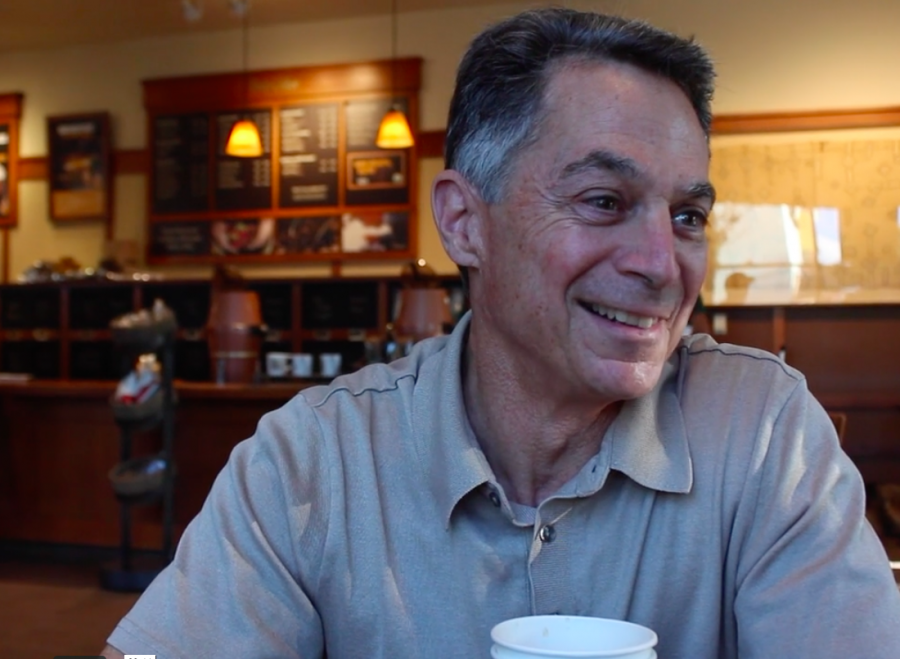
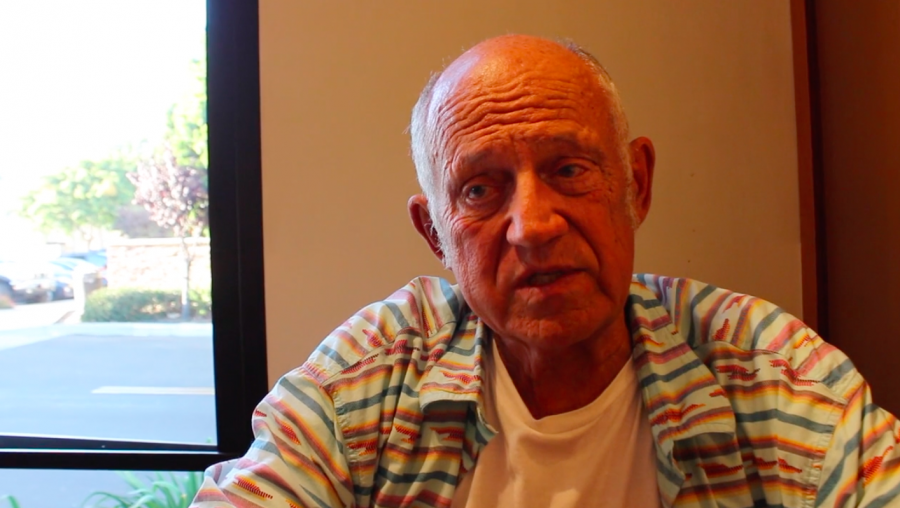
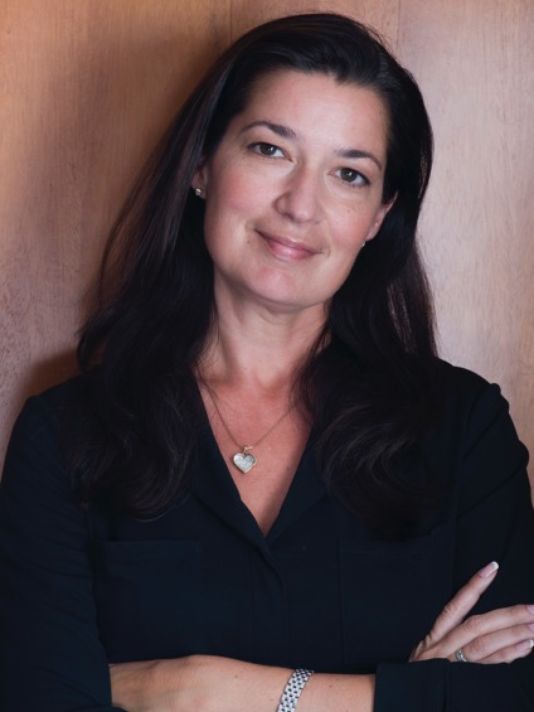
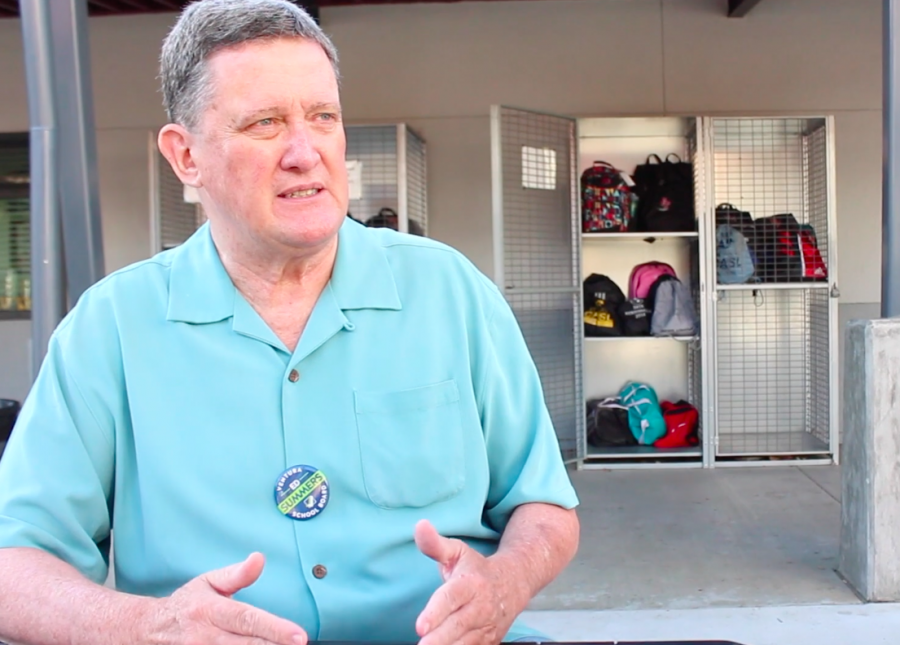
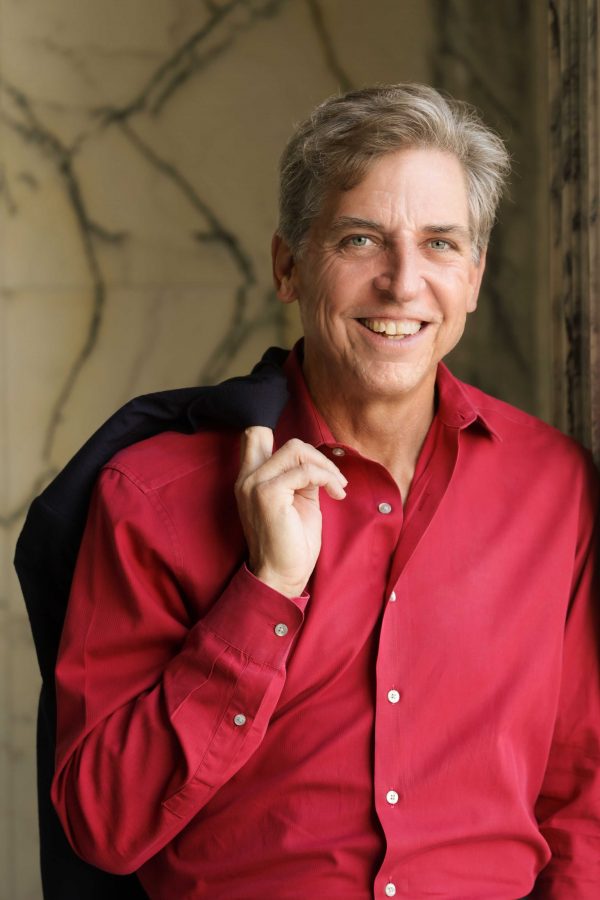
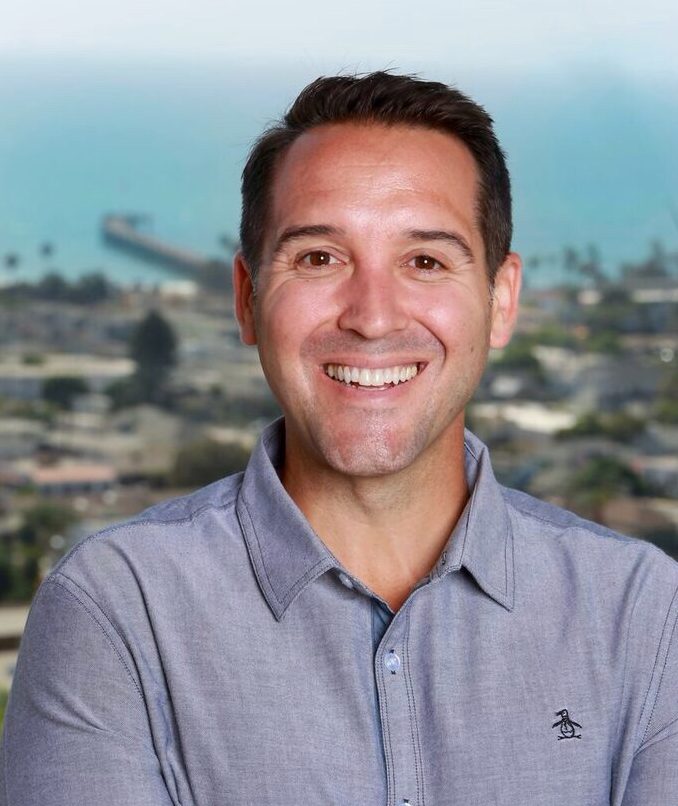

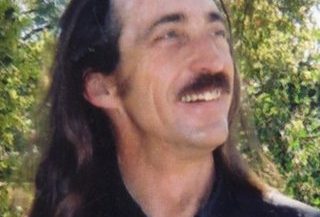
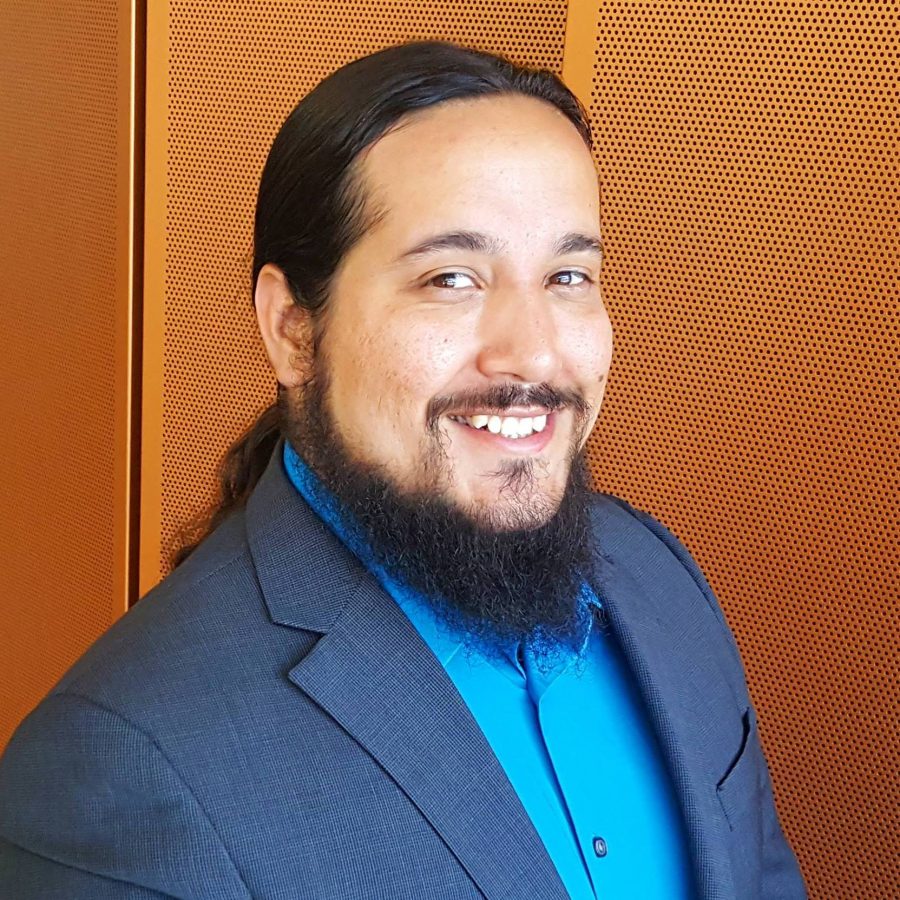
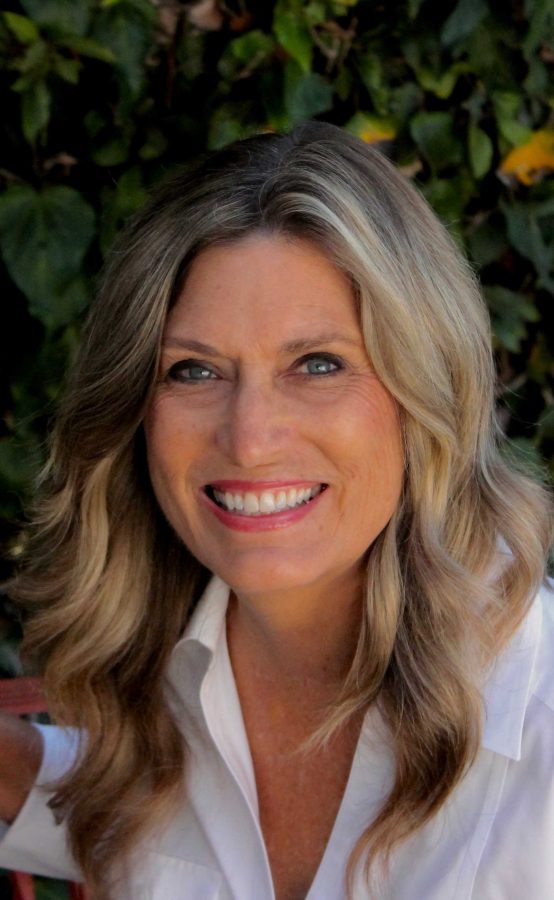
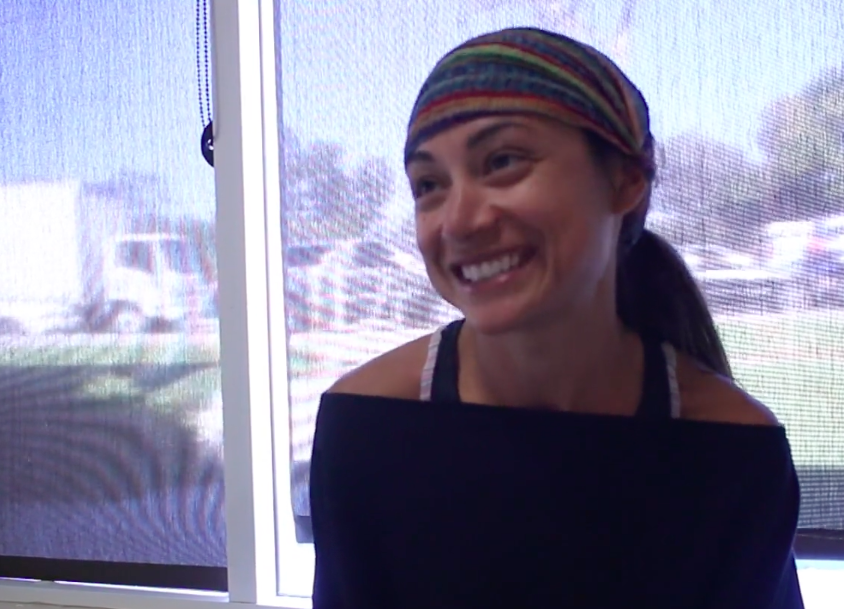

Randall Richman • Jul 1, 2019 at 12:17 am
This guy is a genius, obviously.